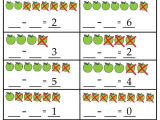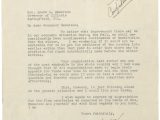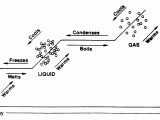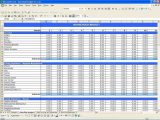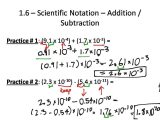Denial In Addiction Worksheets: Understanding the Importance of Facing the Truth
Denial is a common defense mechanism that people use to avoid facing uncomfortable or painful truths. For those struggling with addiction, denial can be particularly damaging, as it prevents them from acknowledging the severity of their problem and seeking the help they need. Denial can take many forms, from minimizing the extent of the addiction to rationalizing destructive behaviors. Denial in addiction is a major barrier to recovery, and worksheets can be a valuable tool in helping individuals recognize and overcome it.
What are Denial In Addiction Worksheets?
Denial in addiction worksheets are a type of therapeutic tool that can help individuals in addiction treatment programs identify and challenge their own denial. These worksheets are designed to be completed by the individual with guidance from a therapist or counselor. They typically include a series of questions or prompts aimed at encouraging the individual to examine their thoughts, feelings, and behaviors related to addiction. The goal of these worksheets is to help the individual recognize and acknowledge their addiction, as well as identify any cognitive distortions or self-defeating beliefs that may be contributing to their denial.
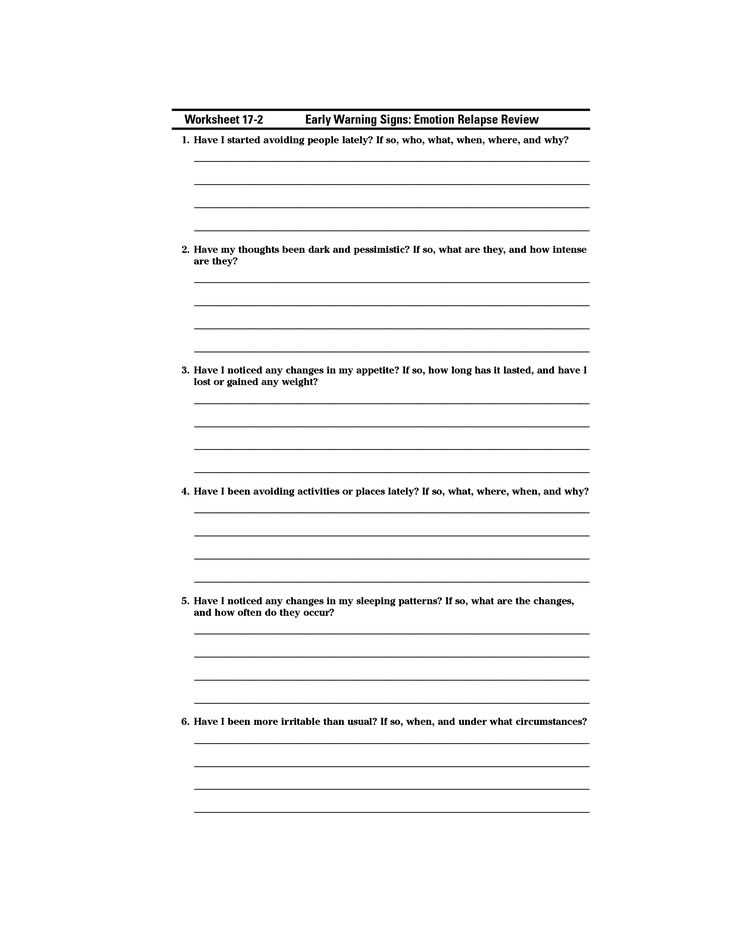
Why are Denial In Addiction Worksheets Important?
Denial is a significant obstacle to recovery from addiction. It can prevent individuals from seeking treatment, as they may believe that they do not have a problem or that they can control their addiction on their own. Denial can also lead to relapse, as individuals may be unwilling to make the necessary changes to their behavior and thought patterns to achieve and maintain sobriety.
Denial in addiction worksheets can help individuals overcome these barriers by providing a structured and guided approach to exploring their addiction and the underlying issues that may be fueling it. These worksheets can help individuals:
- Recognize and acknowledge their addiction: Denial in addiction worksheets can help individuals confront the reality of their situation and recognize the severity of their addiction. By identifying the specific ways in which addiction has impacted their lives, individuals can begin to see the need for change and seek help.
- Challenge their own thinking and beliefs: Denial in addiction often stems from cognitive distortions or self-defeating beliefs. Worksheets can help individuals identify these patterns of thinking and challenge them, replacing them with more positive and realistic beliefs that support their recovery.
- Develop coping strategies: Worksheets can help individuals identify healthy coping strategies to replace destructive behaviors. By developing a range of coping skills, individuals can better manage the stressors and triggers that can lead to relapse.
Examples of Denial In Addiction Worksheets
There are many different types of denial in addiction worksheets available, each with its own unique approach and focus. Some examples include:
- Cost-Benefit Analysis Worksheet: This worksheet helps individuals weigh the costs and benefits of their addiction, encouraging them to examine the negative consequences of their behavior and the potential benefits of recovery.
- Self-Inventory Worksheet: This worksheet encourages individuals to take a detailed inventory of their thoughts, feelings, and behaviors related to addiction, helping them to identify patterns of denial and resistance to change.
- Stages of Change Worksheet: This worksheet helps individuals assess their readiness to change, identifying the specific obstacles and barriers they may need to overcome to achieve and maintain sobriety.
Conclusion
Denial is a major obstacle to recovery from addiction, but with the help of therapeutic tools like denial in addiction worksheets, individuals can learn to confront and overcome their denial. These worksheets provide a structured and guided approach to exploring addiction and the underlying issues that contribute to it, helping individuals to recognize and acknowledge the severity of their problem, challenge their own thinking and beliefs, and develop healthy coping strategies. By using denial in addiction worksheets in conjunction with other treatment modalities, individuals can achieve and maintain sobriety and live fulfilling lives in recovery.
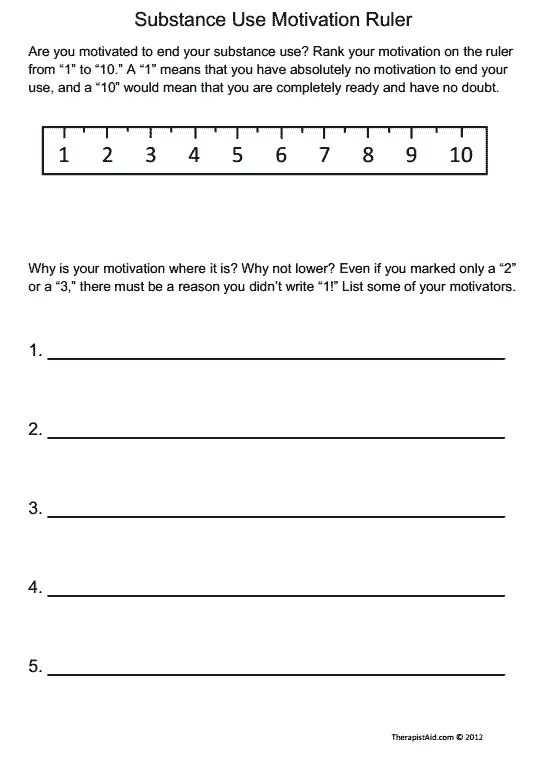
Another common form of denial in addiction is rationalization. This occurs when an individual creates a logical-sounding explanation for their substance abuse, rather than acknowledging the real reason for their behavior. For example, a person who is struggling with alcoholism may justify their drinking by saying they need it to relax after a long day at work, or that they only drink on weekends so it’s not a problem.
Minimization is another form of denial that addicts may use to avoid confronting the seriousness of their addiction. This involves downplaying the negative consequences of their substance abuse, such as telling themselves or others that their drug use is not as bad as other people’s or that they are still able to function in their daily life despite their addiction.
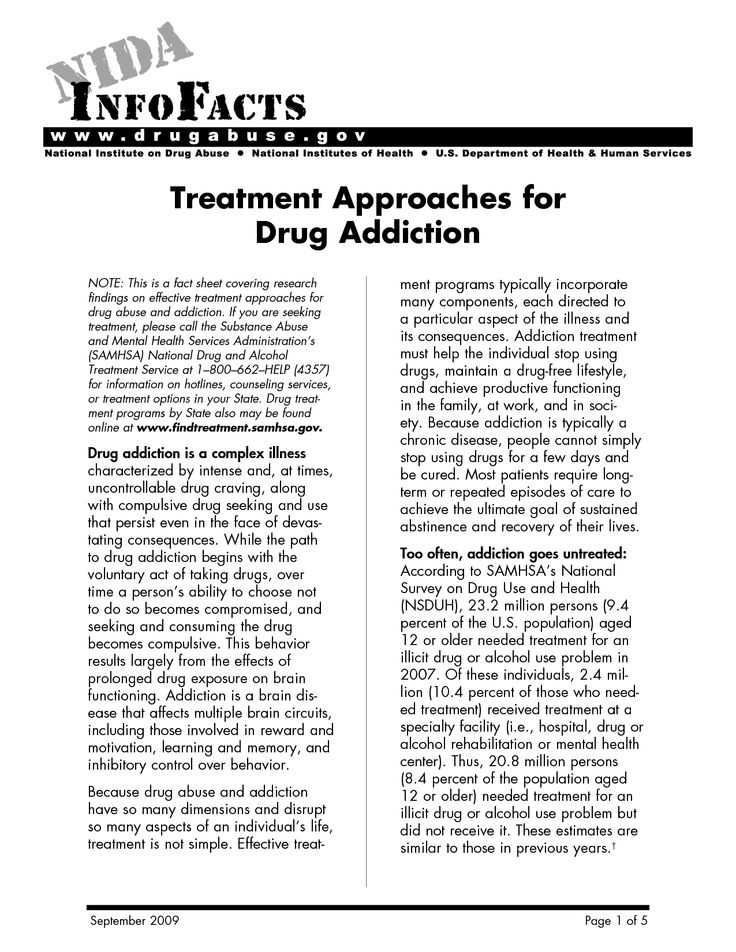
Finally, projection is a form of denial where the addict blames their substance abuse on external factors, rather than taking personal responsibility for their actions. This can take the form of blaming others for their drug use, such as a stressful job or a difficult relationship, or attributing their addiction to genetic factors or an underlying mental health condition.
Despite the various forms of denial in addiction, it is important to recognize that denial is a defense mechanism that is ultimately harmful to the individual and those around them. It can prevent the individual from seeking help for their addiction and can also lead to further negative consequences, such as legal trouble, financial problems, and strained relationships.
Denial in addiction worksheets are designed to help individuals recognize and overcome their denial by identifying the various ways in which they may be denying the severity of their addiction. These worksheets often include questions and prompts that encourage self-reflection and introspection, such as asking the individual to identify the negative consequences of their substance abuse and to consider how their addiction is affecting their relationships and daily life.
In addition to denial in addiction worksheets, there are also various forms of therapy and support groups that can help individuals overcome their denial and address their addiction. Cognitive-behavioral therapy (CBT) is a common form of therapy that can be used to address denial in addiction by challenging the individual’s beliefs and thought patterns surrounding their substance abuse.
Support groups such as Alcoholics Anonymous and Narcotics Anonymous can also be helpful for individuals struggling with addiction and denial. These groups provide a safe and supportive environment for individuals to share their experiences and receive encouragement and support from others who have gone through similar struggles.
In conclusion, denial is a common defense mechanism used by individuals struggling with addiction to avoid confronting the seriousness of their substance abuse. However, it is important to recognize that denial is ultimately harmful and can prevent individuals from seeking help for their addiction. Denial in addiction worksheets and therapy can help individuals overcome their denial and take the necessary steps towards recovery.
